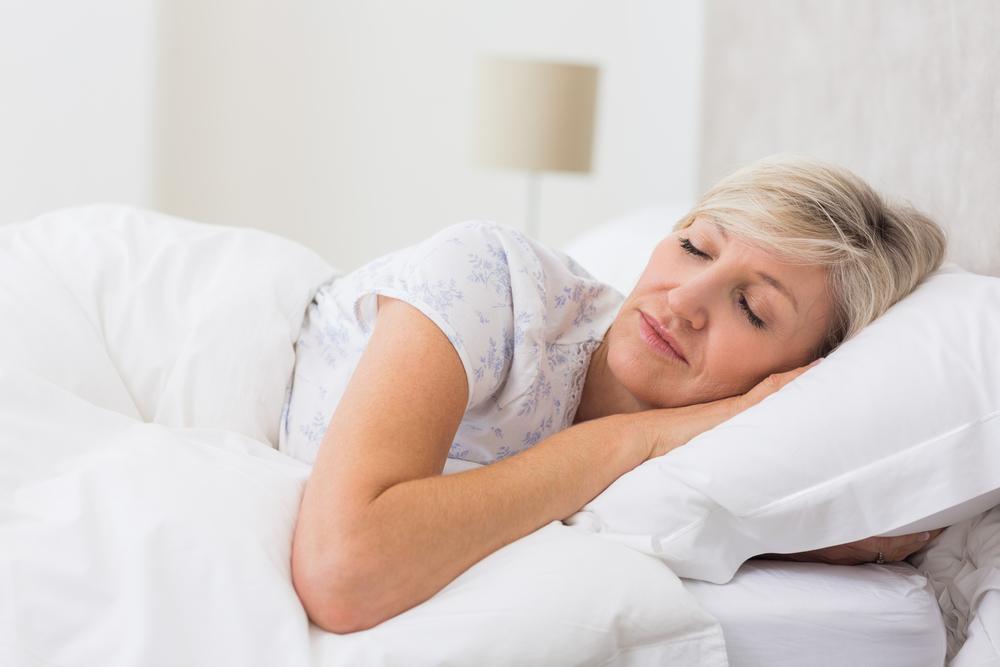The modern lifestyle brings stress and pressure, causing people to lose sleep at night. Insomnia can be due to many factors. A research study found that our work can also play into our sleeplessness.
The American Sleep Association reports that one in three people struggles with sleep disorders at some point in their lives. Long-term poor sleep can lead to serious consequences. Sleep deprivation has been linked to high blood pressure, cardiovascular disease, cognitive impairment, as well as other health problems. It can also harm an individual’s alertness and cognitive abilities.




